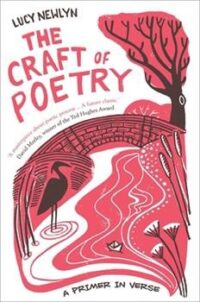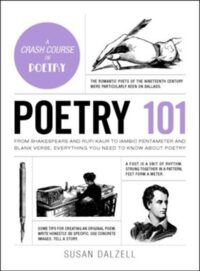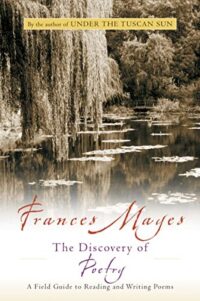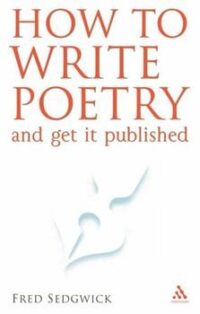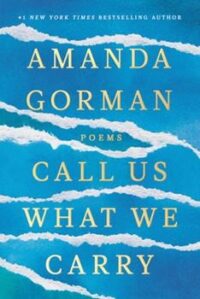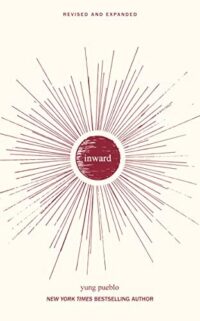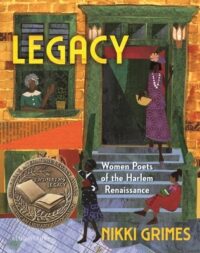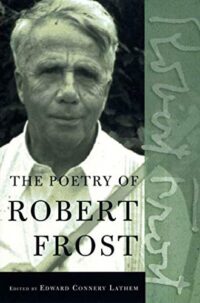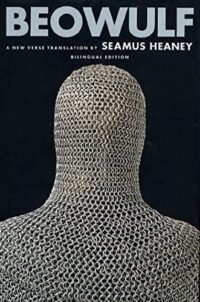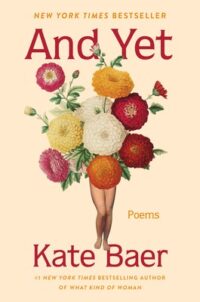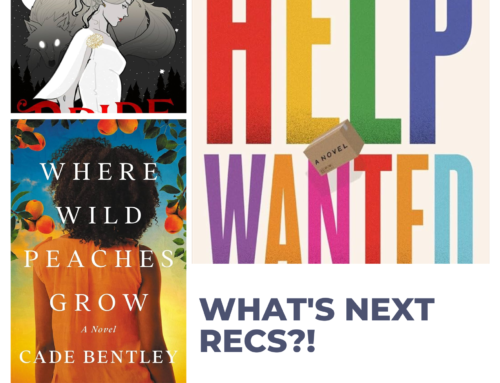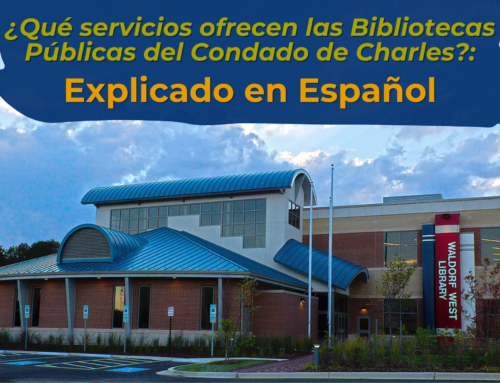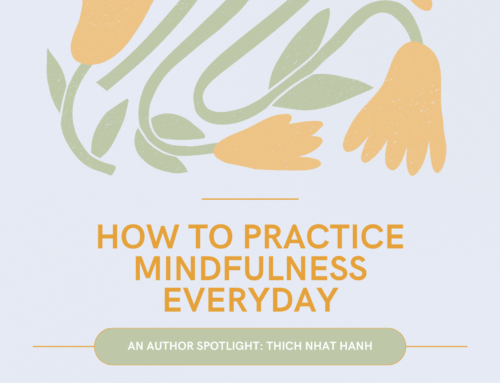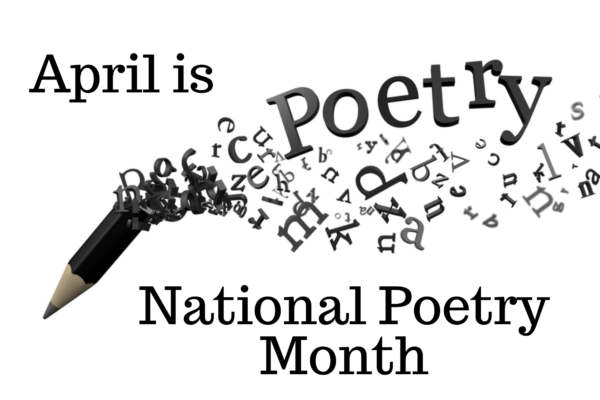
Did you know that April is National Poetry Month? The word poetry comes from the Greek word poieo, meaning “I create,” and is a genre of literature in which special intensity is given to the expression of feelings and ideas by the use of distinctive sounds and rhythm. No one is exactly sure when poetry was first created, but it is believed the earliest forms of poetry were chants and prayers that were passed down orally. However, The Epic of Gilgamesh, the Odyssey, and the Iliad are considered some of the earliest forms of written poetry.
The wonderful thing about poetry is that it comes in many different styles and forms. Poetry is important to life and culture. If we’re writing poetry, it allows us to express our thoughts in feelings. If we’re reading poetry, it allows us to connect and find unity in our shared experiences. It also allows us to view different experiences of others and may give us a deeper sense of understanding and empathy for the world around us.
So whether you just want to relax and enjoy other people’s expressions of language or you want to try to write a poem for yourself, CCPL has some wonderful resources in the world of poetry.
Writing Poetry
The Craft of Poetry: A Primer in Verse by Lucy Newlyn
A wonderfully accessible handbook to the art of writing and reading poetry–itself written entirely in verse.
Poetry 101 by Susan Dalzell
Poetry 101 is your companion to the wonderful world of meter and rhyme, and walks you through the basics of poetry. From Shakespeare and Chaucer, to Maya Angelou and Rupi Kaur, you’ll explore the different styles and methods of writing, famous poets, and poetry movements and concepts–and even find inspiration for creating poems of your own”
The Discovery of Poetry: A Field Guide to Reading and Writing Poems by Frances Mayes
Beginning with basic terminology and techniques, Mayes shows how focusing on one aspect of a poem can help you to better understand, appreciate, and enjoy the reading and writing experience.
How to Write Poetry and Get It Published by Fred Sedgwick
In this guide Fred Sedgwick explains – with numerous examples from successful poets – how the creative process works, from the initial impulse to write all the way through to the crafted and expressive poetry at the end.
Call Us What We Carry by Amanda Gorman
Gorman explores history, language, identity, and erasure through an imaginative and intimate collage. Harnessing the collective grief of a global pandemic, her poems shine a light on a moment of reckoning and reveal that Gorman has become a messenger from the past, our voice for the future. The final poem in the book is The hill we climb, which was read at President Joseph Biden’s 2021 inauguration.
Inward by Yung Pueblo
From poet, meditator, and speaker Yung Pueblo, comes a collection of poetry and prose that explores the movement from self-love to unconditional love, the power of letting go, and the wisdom that comes when we truly try to know ourselves. It serves as a reminder to the reader that healing, transformation, and freedom are possible.
Legacy: Women Poets of the Harlem Renaissance by Nikki Grimes
From Children’s Literature Legacy Award-winning author Nikki Grimes comes a feminist-forward new collection of poetry celebrating the little-known women poets of the Harlem Renaissance– paired with full-color, original art from today’s most talented female African-American illustrators. Taking inspiration from the unsung women poets of the era, Grimes uses the “Golden Shovel” poetry method to create original poems drawn from the words of … groundbreaking women writers. Set alongside the original works, Grimes’s all-new poetry pays tribute to the unique heritage of these women and their spiritual connection to nature, illuminating female self-expression in the early twentieth century, reinvented with contemporary relevance and context.
The Poetry of Robert Frost by Robert Frost
A feast for lovers of American literature, the work of our greatest poet. No poet is more emblematically American than Robert Frost. From “The Road Not Taken” to “Stopping by Woods on a Snowy Evening” ; he refined and even defined our sense of what poetry is and what it can do. Prior to Frost’s death, T.S. Eliot judged him “the most eminent, the most distinguished Anglo-American poet now living,” and he is the only writer in history to have been awarded four Pulitzer Prizes. This comprehensive volume of Frost’s verse comprises all eleven volumes of his poems; this collection has been the standard Frost compendium since its first publication in 1969.
Beowulf: A New Verse Translation by Seamus Heaney
Composed toward the end of the first millennium of our era, Beowulf is the elegiac narrative of the adventures of Beowulf, a Scandinavian hero who saves the Danes from the seemingly invincible monster Grendel and, later, from Grendel’s mother. He then returns to his own country and dies in old age in a vivid fight against a dragon. The poem is about encountering the monstrous, defeating it, and then having to live on in the exhausted aftermath. In the contours of this story, at once remote and uncannily familiar at the end of the twentieth century, Seamus Heaney finds a resonance that summons power to the poetry from deep beneath its surface. Drawn to what he has called the “four-squareness of the utterance” in Beowulf and its immense emotional credibility, Heaney gives these epic qualities new and convincing reality for the contemporary reader.
And Yet by Kate Baer
And Yet, dives deeper into the themes that are the Hallmarks of her writing: motherhood, friendship, love, and loss. Taken together, these poems demonstrate the remarkable evolution of a writer and an artist working at the height of her craft, pushing herself and her poetry in a beautiful and impressive way. Intimate, evocative, and bold, Kate’s beguiling poetry firmly positions her in the company of Dorianne Laux, Mary Oliver, Maggie Nelson, and other great female poets of our time.

